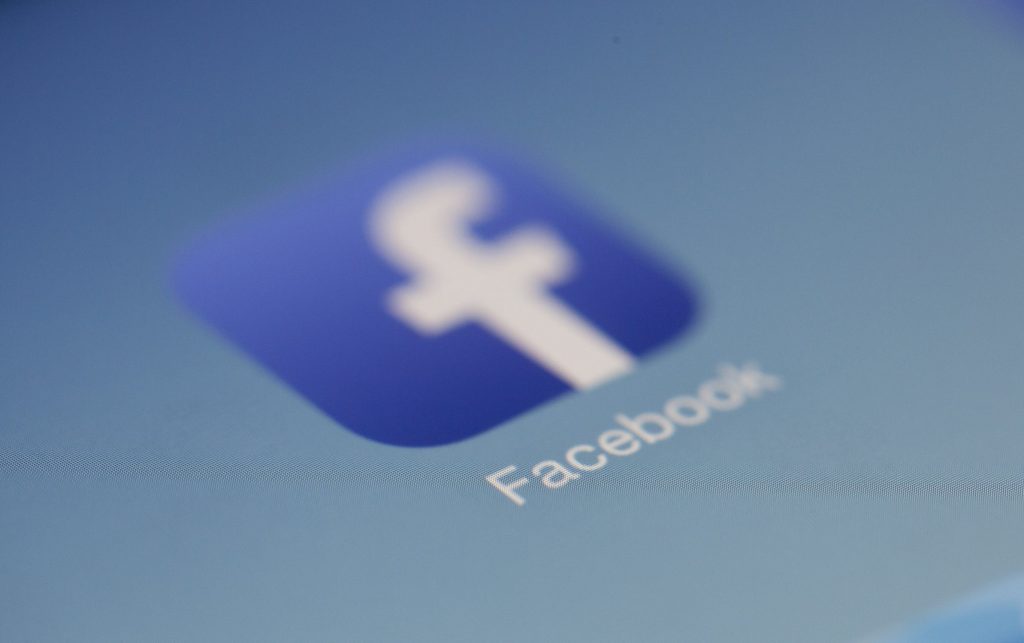We hope you enjoy reading this blog post
If you need help with website or marketing, book a call with our team for a free 360° overview and actionable recommendations report. Book a call

If you need help with website or marketing, book a call with our team for a free 360° overview and actionable recommendations report. Book a call

It seems that the cycle of Facebook troubles continues and now it is our private messages. New York Times investigation revealed that for years Facebook allowed Microsoft’s Bing see the names of virtually all Facebook users’ friends without consent and for Netflix and Spotify to read our private messages. Overall Facebook has excepted more than 150 companies to join their partnership program that received various levels of access to user data.
The documents obtained by New York Times provide the most complete picture yet of the social network’s data-sharing practices. The exchange of data was intended to benefit all parties involved. Facebook got more users, lifting its advertising revenue and partner companies acquired features to make their products more attractive.
Imagine your conversation with your mom about the music she loves to listen to for the holidays. Most likely you and your mom would see a Spotify ad not long after your private conversation is over. These ads will continue to follow you around the web on all devices you own.
“I don’t believe it is legitimate to enter into data-sharing partnerships where there is not prior informed consent from the user,” said Roger McNamee, an early investor in Facebook. “No one should trust Facebook until they change their business model.”
Facebook officials said that Facebook disclosed its sharing deals in its privacy policy since 2010. However, the language about Facebook’s service providers does not specify what data it shares. Mr. Satterfield, Facebook’s privacy director, also said its partners were subject to “rigorous controls.”
Response from users was one we witnessed before a campaign to delete Facebook. It is emotionally satisfying to delete the app but it is not something that is going to solve our Collective problem with Facebook. This can’t be solved by individual action but there needs to be a policy approach to this.
We will continue to update our readers about this investigation and provide helpful information as we learn more.
Please complete the form below and one of our team members will be in touch shortly.